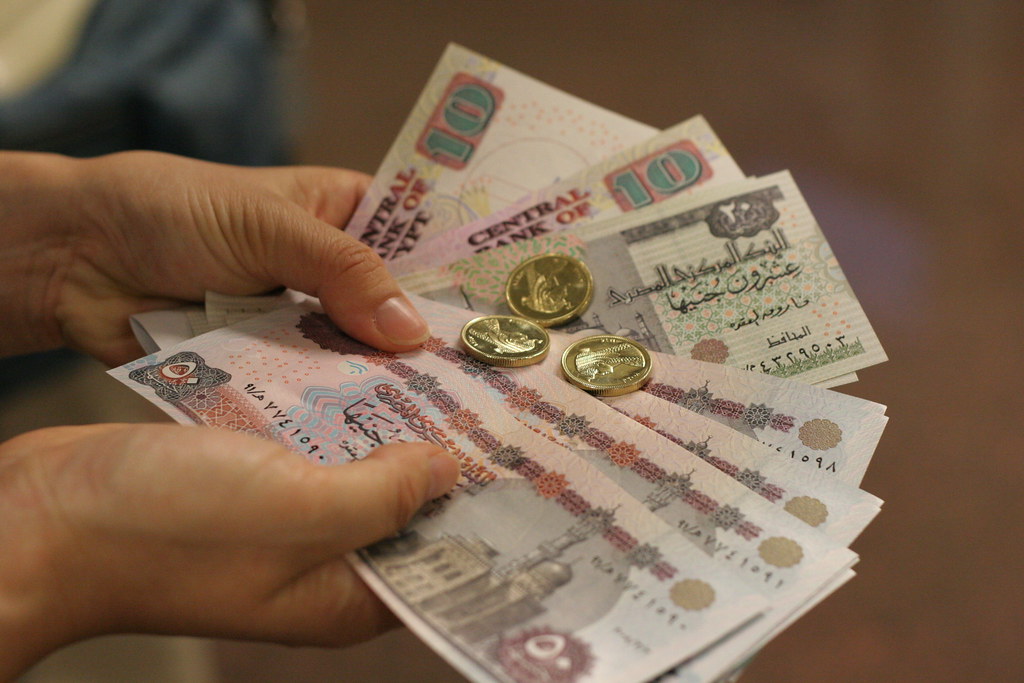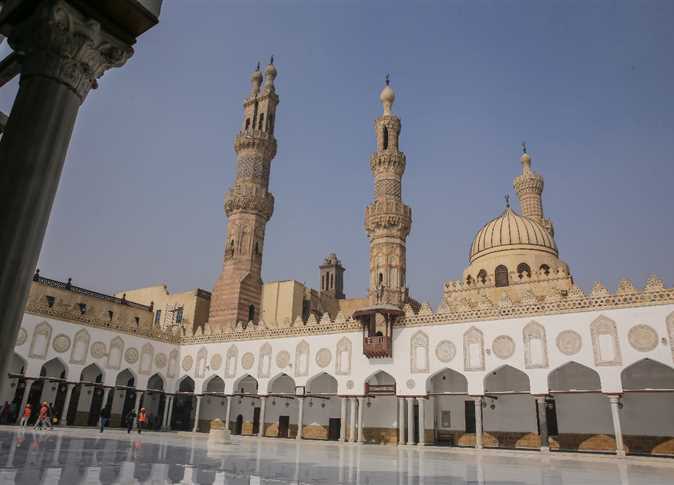
Egypt’s Dar al-Iftaa on Thursday issued a fatwa stating that it is permissible for Muslims to give Zakat (religiously mandated charitable donations) to non-Muslims who need treatment or preventative measures to fight off coronavirus infection and other diseases.
It is also permissible, the fatwa said, to give Zakat to non-Muslims to meet their other needs.
The Quranic verse on Zakat, Dar al-Iftaa’s statement pointed out, does not differentiate between Muslims and non-Muslims.
The fatwa is also in line with the behavior of Umar Ibn al-Khattab, one of the Prophet Mohammad’s companions, who used to give Zakat to meet the needs of non-Muslims under his rule, the statement added.
When leprosy hit citizens under Umar ibn al-Khattab, he used zakat funds to treat non-Muslims during the pandemic, according to the statement.
Dar al-Iftaa noted that other Muslim scholars have also approved giving Zakat to non-Muslims.
According to Dar al-Iftaa, even the 12th century Persian scholar Imam al-Razi said in his explanation of the Quranic verse on Zakat that the verse mentioned that Zakat should be directed to “the poor and the indigent” in general, without limiting it to Muslims.
The Quranic verse on zakat reads: “Indeed, [prescribed] charitable offerings are only [to be given] to the poor and the indigent, and to those who work on [administering] it, and to those whose hearts are to be reconciled, and to [free] those in bondage, and to the debt-ridden, and for the cause of God, and to the wayfarer. [This is] an obligation from God. And God is all-knowing, all-wise.”
Dar al-Iftaa noted that Islam promotes cooperation, coexistence and good treatment for the people of other religions, and established the principle of citizenship based on synergy and cooperation without discriminating in rights and duties against non-Muslims.
Edited translation from Al-Masry Al-Youm




